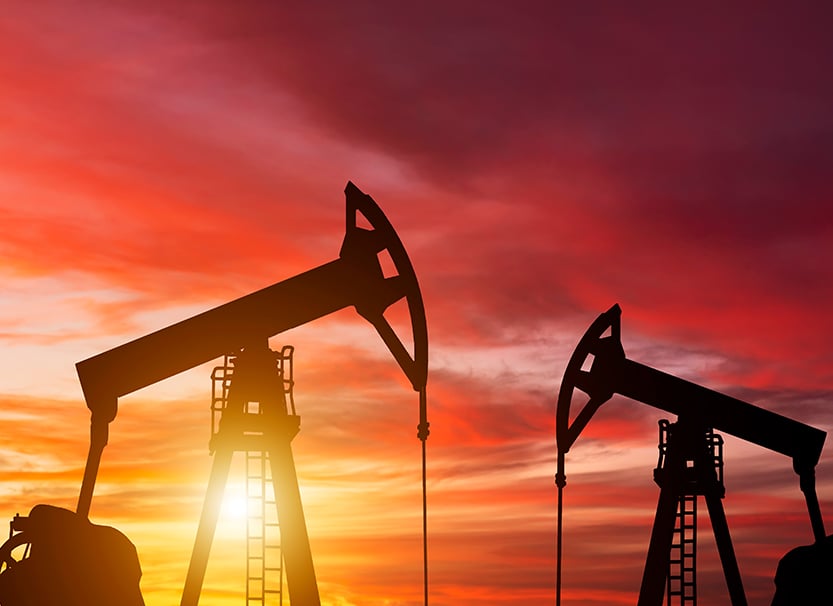
District of North Dakota Halts Bureau of Land Management’s Venting and Flaring Rule

On Thursday, September 12, 2024, Judge Daniel Traynor of the U.S. District Court for the District of North Dakota granted a preliminary injunction sought by North Dakota, Montana, Texas, Wyoming, and Utah (the States) to halt the April 2024 “Waste Prevention, Production Subject to Royalties, and Resource Conservation” rule from the Bureau of Land Management (BLM), which mandates that oil and gas well operators on federal land flare rather than vent excess methane gas. The April 2024 rule revised a 2016 BLM rule that the District of Wyoming vacated in 2020. The States raised a number of challenges to the April 2024 rule, arguing that it exceeded BLM’s statutory authority under, or violated, the Mineral Leasing Act, Federal Oil and Gas Royalty Management Act, Clean Air Act, and Federal Land Policy and Management Act and was otherwise arbitrary and capricious under the Administrative Procedure Act.
The court found that the States had shown they were likely to succeed on the merits because the April 2024 rule was internally inconsistent or not reasonable and reasonably explained, highlighting that “this case is an example of where the left hand of the government does not know what the right hand of the government is doing.” The court contrasted the States’ existing authorization to promulgate their own regulations under the Clean Air Act to curb venting and flaring and otherwise encourage the economic capture and use of natural gas against the April 2024 rule’s conflicting regulation of flaring and venting that extends to operations on nonfederal lands where federal oil and gas is cooperatively produced.
Additionally, the court found that BLM had failed to adequately explain the difference — both in practical operational and environmental impact — among venting, flaring, and leaks during gas production and exploration or to justify its decision that flaring is more economically productive than venting. The court further agreed with the States that they will suffer irreparable harm if the April 2024 rule remains in place because the rule undermines the States’ authority to the be primary regulator of air quality within their borders and the States will be economically harmed due to decreased revenue from royalties and extraction on nonfederal lands. With the injunction in place, the April 2024 rule is stayed as litigation proceeds.
This post is as of the posting date stated above. Sidley Austin LLP assumes no duty to update this post or post about any subsequent developments having a bearing on this post.


